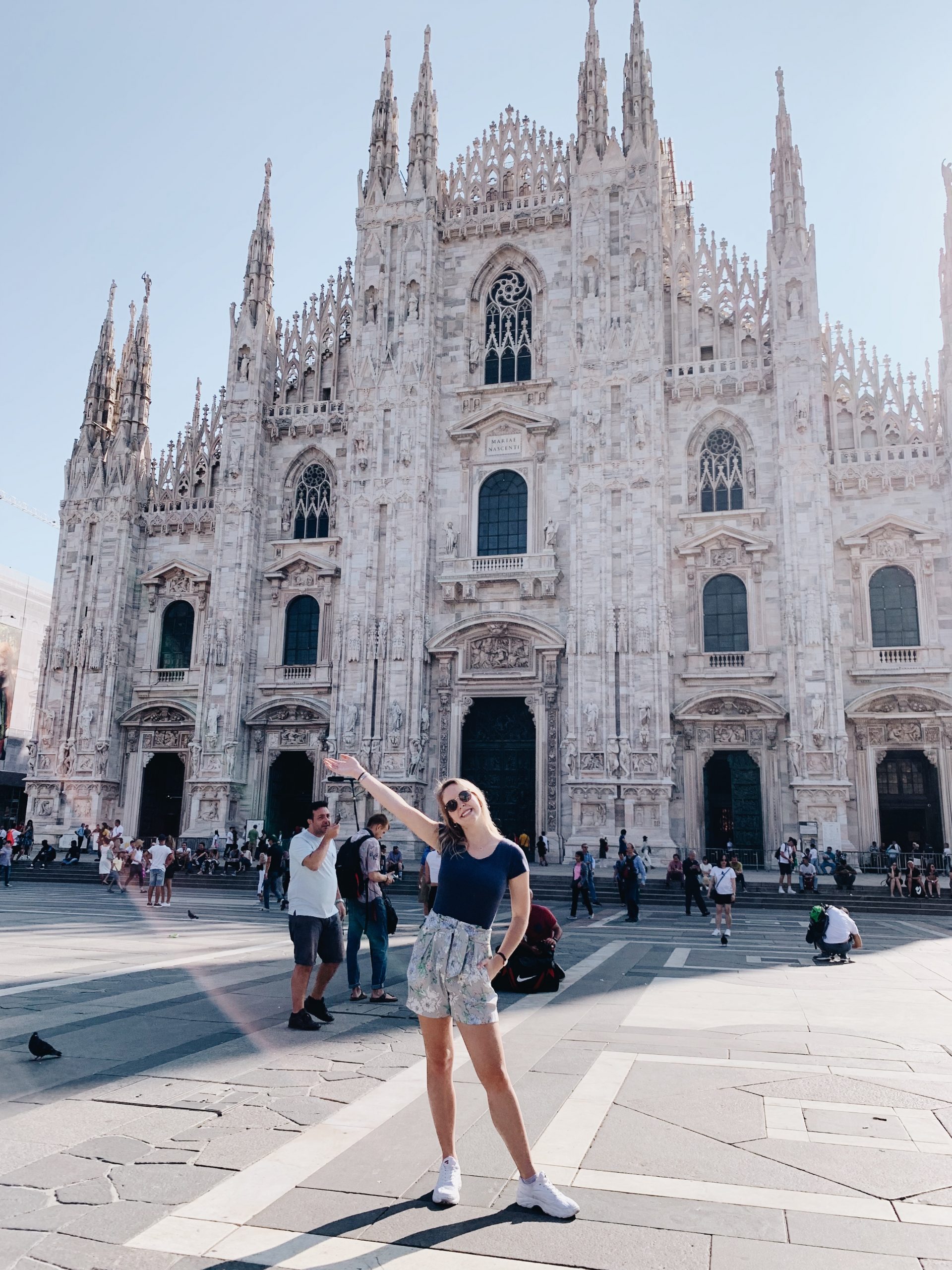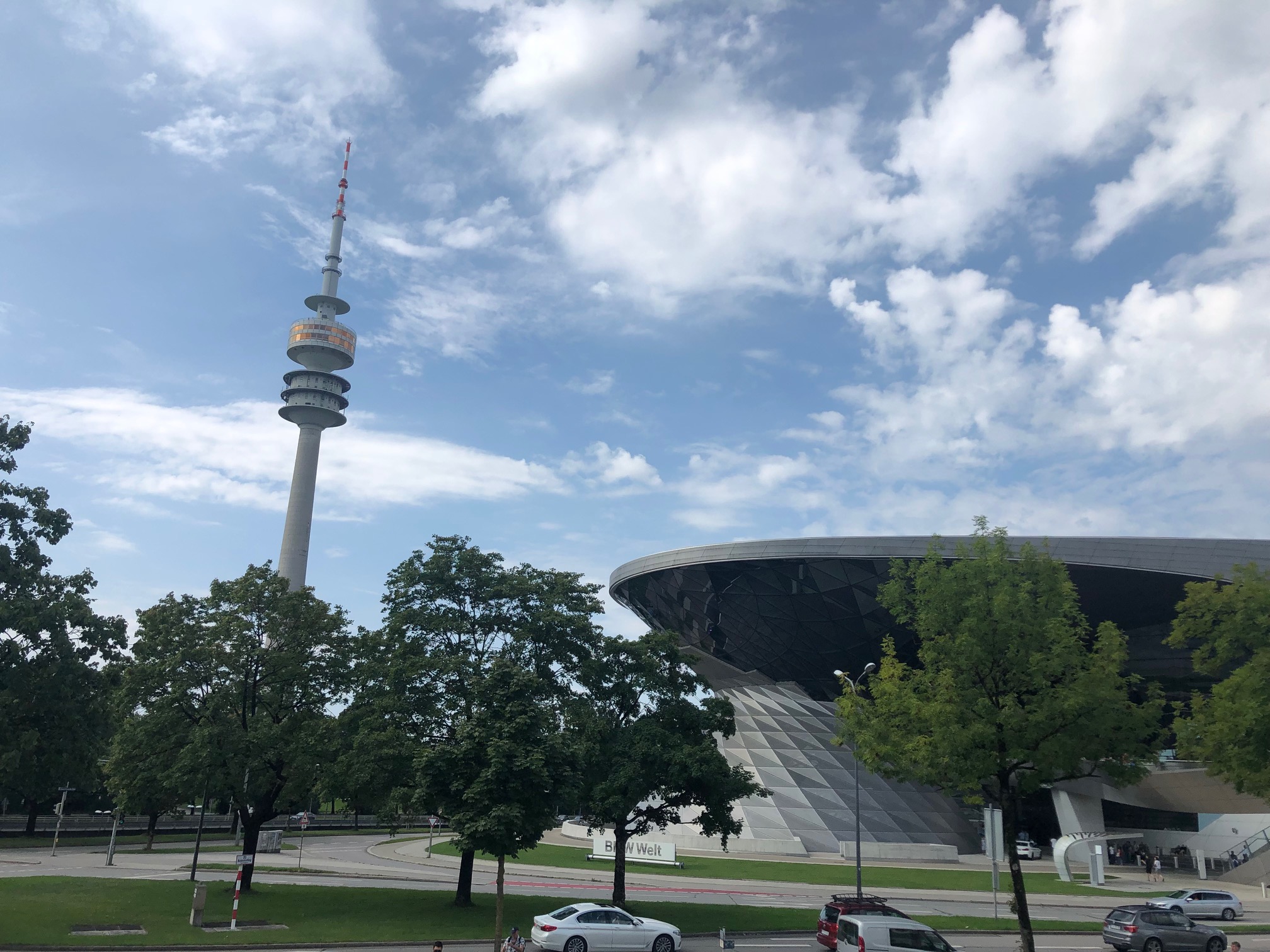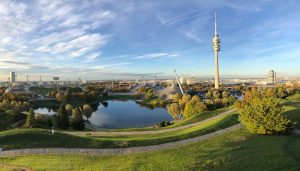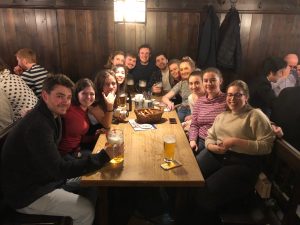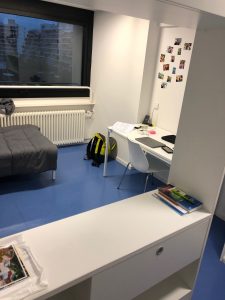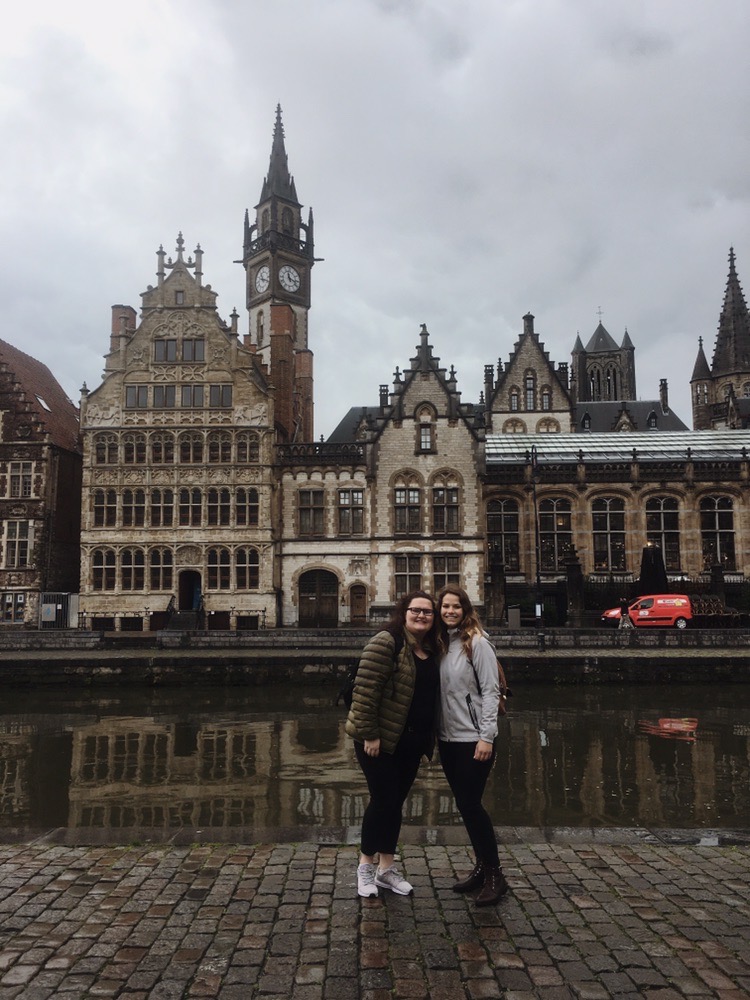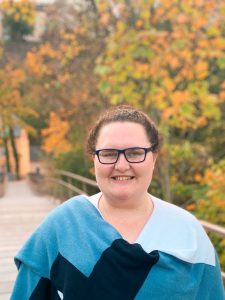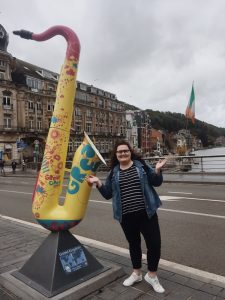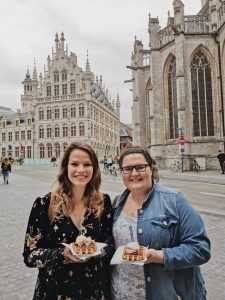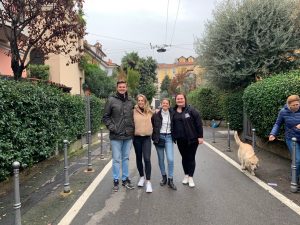Thinking of exchanging to Milan? Here’s what’s up:
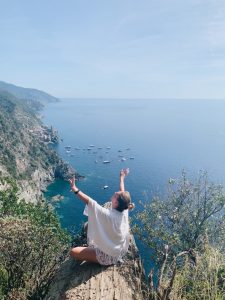
Pre-departure:
There is a LOT of admin and deadlines that have to be taken care of before departure. Write down all of your deadlines and make lists of all the to-dos, also make sure that you read all of Sarah’s emails on time.
Apply for your Visa as soon as you can. I applied for my visa (Schengen study visa) in Hatfield, Pretoria. Apply as early as you can to be sure to get your visa on time, it usually takes about 3 months. Remember to double check that you have all the necessary documents when going to your visa appointment in order to speed up the process.
With regards to the plane tickets, I found it way more convenient making use of a travel agent instead of booking the tickets by yourself on a website, just because of the simple fact that they can arrange deals and offerings that you can’t. Another tip is to buy flexible plane tickets so that you will be able to change the time/date of your flights when you need to at a more affordable price.
Housing was the biggest struggle in terms of preparation. We were advised to NOT apply to a Bocconi residence as they tend to place exchange students in a residence that is located quite far away from campus (about 30minutes tram ride), and trust me, getting into a crammed tram during heavy traffic is NOT fun. I recommend finding a place less than 2km from campus. I used an agency to find housing (feel free to message me for their email) a 3-minute walk from class. I lived with three other exchanges and, let me tell you, culture differences really stand out when you live with people from across the world, and, honestly, it was an inconvenience most of the time. Thus, I would recommend contacting an agency early in order to find an apartment with someone who is going on exchange with you, or, if you are traveling alone, finding a bachelor’s flat near campus. I say this because it simplifies things when you have your own space and you manage it in your own way (since people from other countries live way differently than we do), and also, you can invite anyone over for drinks or dinner without inconveniencing anyone else.
Module registration (which usually happens in August, so keep an eye on your emails) works on a first-come-first-serve basis. Read up about all the modules on the university website and choose your modules before the deadline. Also, have some ‘extras’ in the very possible case of not being able to pick a module you wanted. It is important to have your laptop and the link for registration open about 20 minutes before they open the website to not miss out on your module choices. Try to choose modules that SU cannot offer you, since you are there to expand your knowledge. I would recommend the modules Fashion Management and Marketing Communication as they were the most fun for me and they really interpret practical activities in the classes. Another thing, if you have a liking in economics, they have a wide variety of economic modules and I recommend you go for it! They are, in fact, ranked 3rd in the world for their economics!
Experience at host university:
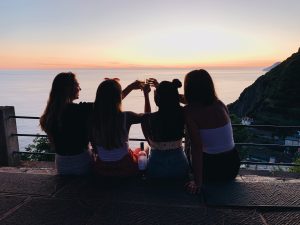
Upon arrival in Milan, there is a lot of admin to sort out first. It will be tough because you have to finish it off before even getting to know the city. If you have any problems in terms of finding your way just email the ISD (International Student Desk) at Bocconi and they will help you out very quickly. Also, join any Facebook or WhatsApp groups that come across your way, they’re really helpful for meeting people and asking questions.
I highly recommend joining the ESN (Erasmus Student Network). They are a group that organizes socials, parties and day trips to various cities at a joining fee. When joining you also qualify for various discounts, the best is 15% off Ryanair flights and a free 20kg bag on your flight: I used this discount many times and saved A LOT of money.
Bocconi has many exchange students per semester from across the entire world, and all of them are in your shoes: trying to create experiences and meet people, so don’t be afraid of walking up to a group of people and starting a conversation! If you are church-going, that is another great opportunity to meet people that have something in common with you! I joined Hillsong Milan and that was probably the best decision I have made on exchange.
Milan is a city very centrally located, which means it is really easy to travel to many destinations from there. By using the Omio app you can compare prices of flights, trains or busses to find the cheapest/fastest option for you. I also recommend downloading the Citymapper app to find your way around cities via public transport.
Milan is a big and busy city, but so beautiful. As you spend more days there you will eventually get tired of the hustle and bustle of the city center, but there is way more to explore outside of that. Try Googling for hidden gems and beautiful quiet streets to go on walks or grab a croissant. And take many photos, Milan has the some of the most photogenic streets and architecture I’ve seen, especially in the Brera and Porta Romana area.
If you have a love for fashion and shopping, you are definitely going to the right place! Milan is THE hub for shopping – whether it’s designer or just fast-fashion retail – with H&M Zara each having four floors! As well as every designer store you can name. And don’t think that you can rock up to class in shorts and plakkies – ohhh no. Dressing up to class is a major thing – so pack your fanciest pants and different jewelry to wear to class. You’ll soon get a feel of the dos and don’ts of dressing up for class. Also, don’t wear gym clothes to class – that’s not a thing in Milan – no one cares if you gym.
When it comes to the workload, expect either one midterm test or project and a final exam for each module. The projects can be intense and a lot of work, but the exams are mostly multiple choice and quite simple compared to the standards of SU. Expect group work and presentations as projects during your exchange. If you manage your time and workload correctly, you may find that you are free to travel during weekends. Tip: try picking modules in a way that you don’t have class on a Friday, which gives you more time to travel and explore. Remember that exchange is supposed to be a type of guide as well: to see how the same industries might differ across country borders. Thus, don’t be dismayed when you don’t enjoy a module you thought you loved (this happened to me), and rather see it as an eye-opener.
Be careful with public transport (not just in Italy, but the entire Europe). Fines are a thing! Make sure to buy public transport tickets no matter where you go. In Milan, I found that the cheapest option is getting an “ATM-card” and paying for transport monthly at a station at 22 Euro pm. When getting a sim card there are a few options of networks. I used Vodafone for 10 Euros per month for 30G data pm. Tip: don’t buy your data from tabacchis, they tend to cheat you. Rather look for a Vodashop and pay your monthly amount there.
When eating, the cheapest thing on restaurant menus are usually Margarita pizzas – around 4-7 Euros per pizza depending on the restaurant – and they are the BEST. We found that they are so large that you could actually share them between two to split the cost, they even cut them in half for you and serve them separately!
Return to Stellenbosch:
If I can sum exchange up in one sentence it would be this: high highs, but low lows.
Exchange got hard sometimes, I experienced a major culture shock in Italy, and I guess that I couldn’t quite get used to it. You get thrown into the deep side and have to learn to stand on your own two feet. So, for me being back in South Africa, I am glad to be back in a place where people are friendly and understanding and with which I am familiar with. I have missed my family and friends very much and seeing them again made me feel like I belong right here in my country, at least for now.
Although, one thing I have found is that people can’t quite relate to what you experienced or went through. So, don’t take it personally when your friends don’t show much interest or ask many questions. When you return, try to make plans and catch up with your friends, it might feel as if you never left.
At times, it may feel as if the exchange was an illusion or dream, especially when you fall into routine again as classes start. In a way, it is comforting to come back to Stellies and notice that not much has changed, but it is also important to never forget that this experience actually happened – take another look at the photos and videos you took and remind yourself of everything you were able to see and experience – not many people get this opportunity. Also, keep in touch with the friends and acquaintances that you’ve made abroad as they are very valuable networks and someone to relate to when you need to chat about exchange.
During exchange, I have learnt to appreciate what South Africa offers: friendliness, hospitality, beauty, diversity and hope as well as kuier and braai. South Africa may have many problems, but what country doesn’t? Try focusing more on the great things our country has to offer before deciding to leave for ‘greener pastures’. They may not be as green as they seem.
With that said, I would not exchange my exchange (haha) for anything in the world. The people I’ve met and the places I’ve seen have been more than I could have hoped for. However, I have realized that, as I start out in this industry, I would like to start out in my home country. It’s weird that my love for this country grew more when I was outside of it than when I was actually here. Who knows where the future might take me, it may be overseas after all. But for now, Imma stay right here and enjoy whatever South Africa has in store for me.
PS: I am NOT a Winter-person, which probably contributes to the idea of staying in SA 😀
